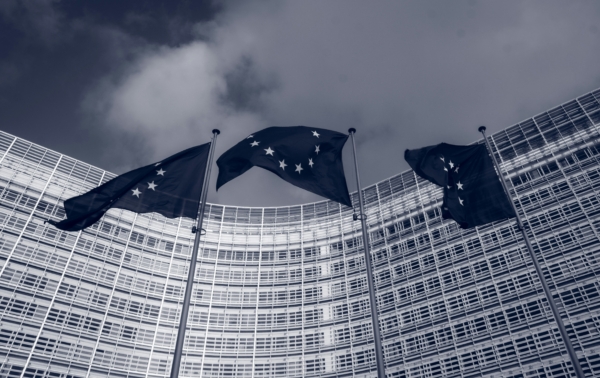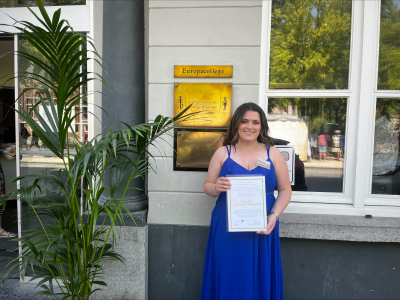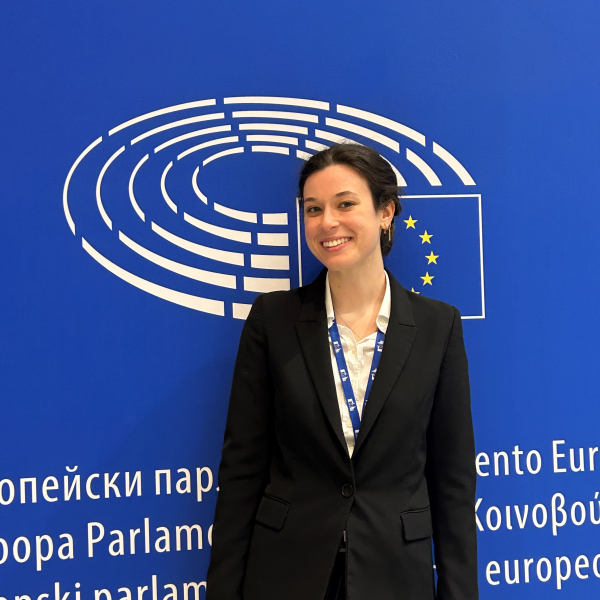Criminals resort to a range of sophisticated tactics to obscure the origins of their ill-gotten wealth. These methods include money laundering, using shell companies, hiding illicit gains in real estate or other valuable assets, or using offshore accounts and tax havens. In the EU, the relatively stable political environment has inadvertently made it a safe haven.
These reprehensible practices not only perpetuate financial instability, but also have far-reaching social and economic consequences in the EU and beyond. Illicit financial flows and corruption enable organised crime to flourish, fuelling a dangerous environment where criminal networks can thrive. This, in turn, leads to a surge in illegal activities that harm communities, fostering a sense of insecurity and eroding trust in institutions. Above all, lost tax revenues negatively impact essential services like education, healthcare, and infrastructure.
To combat illicit financial flows and corruption more effectively in the European Union, concerted efforts are necessary from regulatory authorities, financial institutions, and the broader business community. Implementing robust rules, promoting transparency, and cultivating a culture of ethical conduct are critical steps towards mitigating these challenges.
At TI EU, our aim is a stronger EU anti-money laundering system to thwart criminals, kleptocrats, and corrupt individuals from exploiting the financial system. we champion access to beneficial ownership data to reveal true ownership. We also support robust asset recovery, depriving criminals of profits and returning stolen assets to victims.







